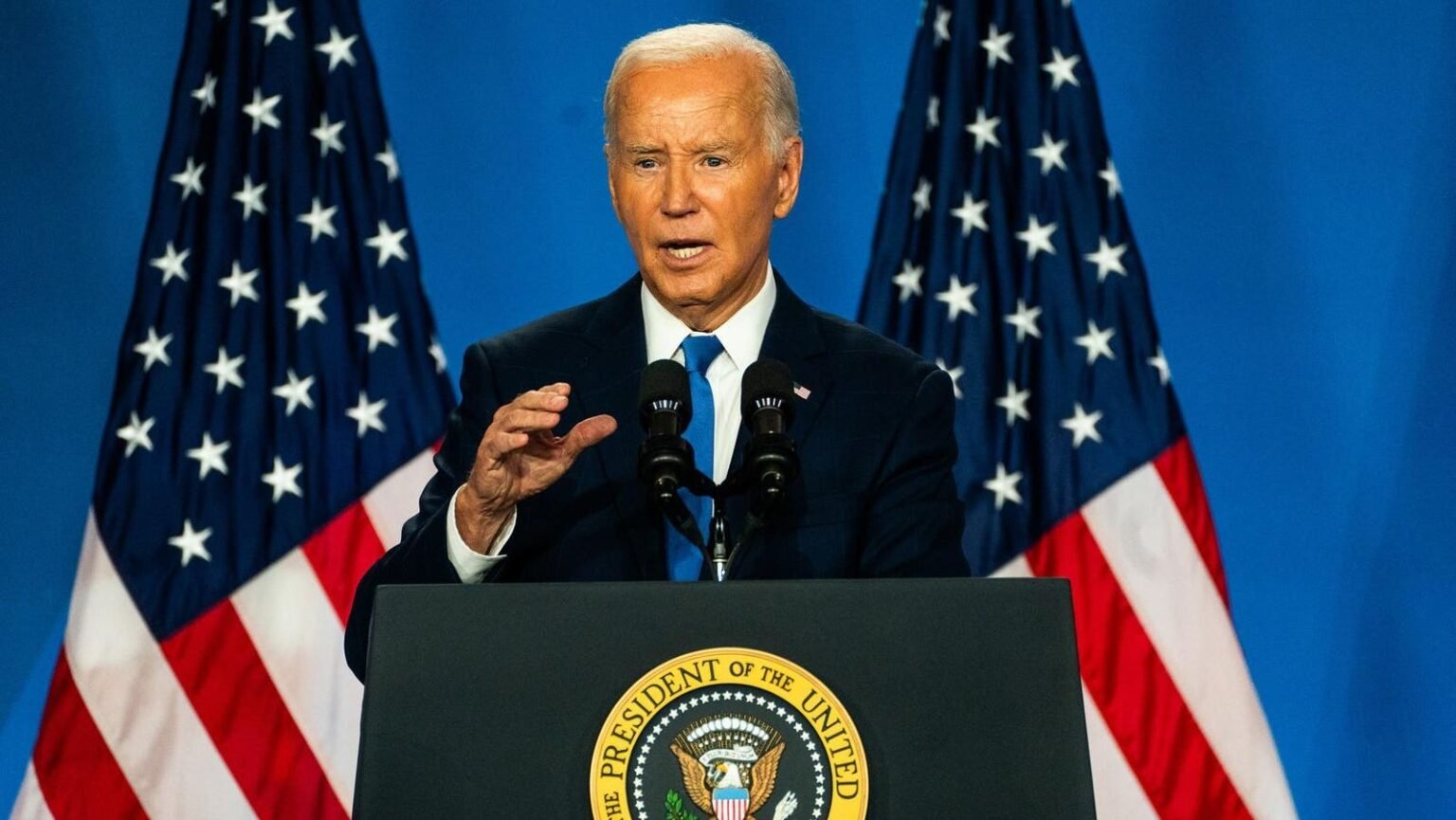The Biden administration has made a move towards extending the Public Service Loan Forgiveness (PSLF) program to early childhood educators, who are often overlooked when it comes to student loan forgiveness. PSLF allows borrowers to have their federal student debt forgiven after making 120 qualifying payments over a period of 10 years while working full-time for certain nonprofit or government employers. However, early childhood educators, who are typically poorly compensated and work for small businesses that do not qualify as non-profits, are often excluded from this program, despite the vital services they provide.
Under the proposed expansion, the Biden administration aims to include early childhood educators who work in for-profit settings, in order to allow them to qualify for student loan forgiveness. This move is in response to the exclusion of hundreds of thousands of educators from the PSLF program due to their employers’ tax status. The Education Department has begun soliciting input from experts in the field to determine eligibility criteria for for-profit employers of early childhood educators under the PSLF program. This expansion could potentially benefit over 450,000 educators in home-based and center-based settings.
The Education Department has a history of expanding PSLF eligibility to include previously-excluded groups of borrowers. Under the Trump administration, regulations were enacted to allow religious-oriented work to qualify for PSLF as long as the organization is a 501(c)(3) non-profit. Furthermore, self-employed individuals and employees of for-profit organizations who contract with qualifying non-profits or government organizations were also made eligible for PSLF benefits under the Biden administration. The definition of “full-time” employment was also modified to be 30 hours per week or more, without an employer-specific requirement.
While the expansion of PSLF to cover early childhood education workers is being considered, it is still in the initial stages and may face challenges. The regulatory process typically takes several months and any expansion would not be finalized or implemented before November. The outcome of the election could potentially impact this effort to expand PSLF, as former President Trump and Republicans have shown opposition to Biden’s student loan forgiveness initiatives. Additionally, the administration is currently facing legal challenges from Republican-led states seeking to block the SAVE plan, another income-driven repayment option that can lead to student loan forgiveness.
Despite the hurdles facing the Biden administration’s student loan forgiveness initiatives, including the proposed expansion of PSLF to early childhood educators, efforts are being made to create more inclusive and accessible programs for borrowers. The Education Department is expected to release a new student loan forgiveness plan in October, but legal challenges may affect its implementation. Overall, the proposed expansion of PSLF to include more borrowers, particularly those in underrepresented fields like early childhood education, is a step towards addressing the student debt crisis and supporting individuals working in essential but often overlooked professions.

